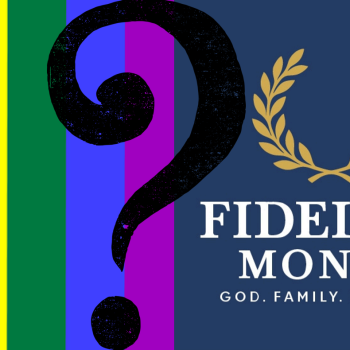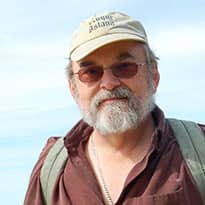From this perspective our property is not simply something we control despotically, as much Western theory would have it. For example, consider the implications of the claim "this land is mine and I can do what I want with it." Think of the blind arrogance implied within it.
From the perspective I think actually fits reality land is something over which we exercise the right to enter into appropriate relationships. The same with other property. What constitutes appropriate relationships will differ from one form of property to another. My land, my pen, and my cat are not appropriately subject to the same rules. What these relationships in any particular case are should ultimately be decided by their value in maintaining a good world.
The same point applies when we think of human relationships. Western individualism works well when dealing with strangers with equal rights, but not so well when dealing with intimates and friends. Do I "aggress" against a friend's property rights when I take his keys because he is dead drunk and wants to drive home? The question is absurd because it does not fit the relationship of friendship. If I let my friend drive, I am not acting like a friend. Do I exercise right to my freedom of speech by telling my lover to fuck off and shut up? Yes I do, but it also will destroy the relationship I have with her and turn it into one fitting strangers.
I think this point is one reason why so many in our society have such a hard time acknowledging environmental values and ethics. From a traditional American individualistic perspective, nature is "out there" and ultimately alien. Anything that limits my power is an order from someone else claiming more power. This is a confusion. The land helps make us who we are and always has, from the very beginnings of life.
By keeping the core insight of the Western respect for individuals while grounding it within a far superior ethical foundation, we preserve what has proven most important in the Western ethical tradition while freeing it from debilitating assumptions rooted in a particular interpretation of monotheistic theology, an interpretation many today reject.
Other spiritual and philosophical traditions have come to similar insights. We have no monopoly on something so basic as how to live well in the world. But I think the common Pagan insight that we live in a world where Spirit is immanent, where everything has its spiritual dimension, and therefore an appropriate way with which we can enter into relations with it, is particularly open to this perspective. And the future of our society may depend on how widely insights like this are understood.





